The U.S.’s auto safety regulator said it’s investigating all Takata Corp.air-bag inflators that use a chemical propellant banned from future models and will compile data to determine whether to expand the industry’s broadest recall ever.
The consent order Takata and the National Highway Traffic Safety Administration agreed to in November enables the regulator to direct more recalls based on new testing and field data, said Gordon Trowbridge, a NHTSA spokesman. Reuters reportedMonday that U.S. authorities were calculating whether 70 million to 90 million more air-bag inflators should be recalled, citing a person with knowledge of the matter.
NHTSA said in the November order that it no longer had confidence in the safety of ammonium nitrate propellant, which remains under scrutiny as Takata inflators have ruptured and sprayed shards of metal and plastic at motorists. The most recent expansion of recalls, announced last month, brought the total number of inflators requiring replacement to more than 28 million, according to NHTSA’s website.
“As we’ve said many times before, the agency believes the number of additional inflators that could be recalled under the consent order we issued Takata in November is in the tens of millions,” Trowbridge said in an e-mail.
Takata Cooperating
Takata is cooperating fully with regulators and its customers, and continues to test inflators, build replacement air-bag kits and raise consumer awareness of recalled vehicles, spokesman Hideyuki Matsumoto said. He declined to say how many inflators with ammonium nitrate Takata has produced.
Transportation Secretary Anthony Foxx called for vigilance even among automakers that had yet to recall vehicles using Takata air bags and said in an interview with Bloomberg News in Novemberthat repair programs may widen.
In January, NHTSA directed Volkswagen AG and Daimler AG’s Mercedes-Benz to recall vehicles for the first time. Tesla Motors Inc. and Tata Motors Ltd.’s Jaguar Land Rover also are among Takata’s customers using air bag inflators with ammonium nitrate propellants.
Takata produced about 87.3 million inflators with two kinds of ammonium nitrate propellant and supplied them to auto manufacturers in North America as of the end of June 2015, the company told NHTSA in response to an order issued that month. Production of those inflators was ongoing for at least a dozen automakers at that time, including Toyota Motor Corp., General Motors Co., BMW AG, Volkswagen and Tesla, according to Takata’s response to the NHTSA order.
Reuters reported that as many as 120 million Takata inflators in U.S. vehicles contain ammonium nitrate propellant, citing company documents verified by two former Takata managers.
Honda Motor Co., Takata’s biggest customer and a minority shareholder, is not aware of whether 90 million more air bags need to be replaced, spokeswoman Yuka Abe said. The automaker’s priority is to find out the root cause of the air bag inflator ruptures and replace them as soon as possible, she said.
The Associated Press last week cited unidentified experts as saying there could be as many as 50 million Takata air bag inflators in cars that have yet to be called back for repairs.



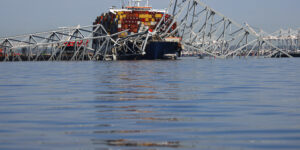
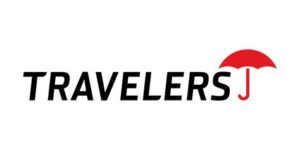
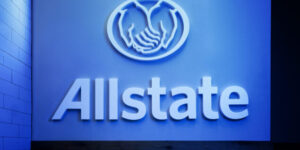
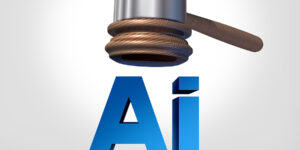


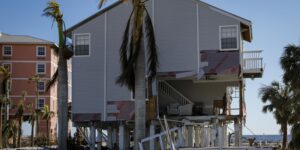



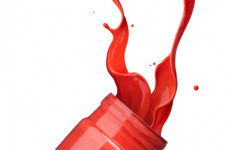






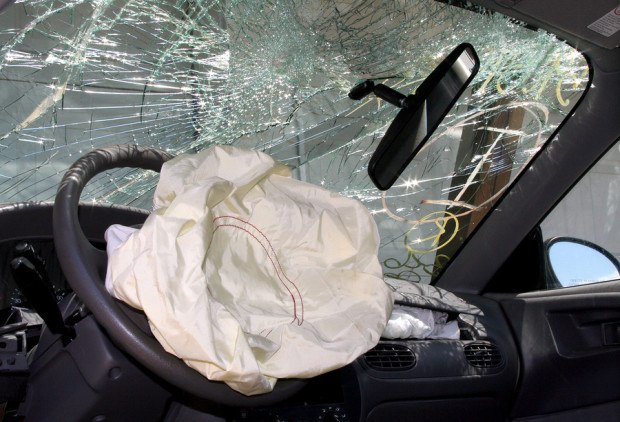
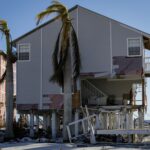 If U.S. Inflation Reflected Rising Home Insurance Costs, It’d Be Even Higher
If U.S. Inflation Reflected Rising Home Insurance Costs, It’d Be Even Higher  Pennsylvania Issues ‘Expectations’ for Carriers Regarding AI Use
Pennsylvania Issues ‘Expectations’ for Carriers Regarding AI Use  Active Workstations May Improve Cognitive Performance: Study
Active Workstations May Improve Cognitive Performance: Study 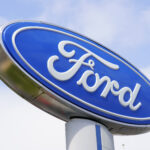 Ford Recall of 43,000 SUVs Due to Fire Risk Won’t Remedy Gas Leaks
Ford Recall of 43,000 SUVs Due to Fire Risk Won’t Remedy Gas Leaks 








